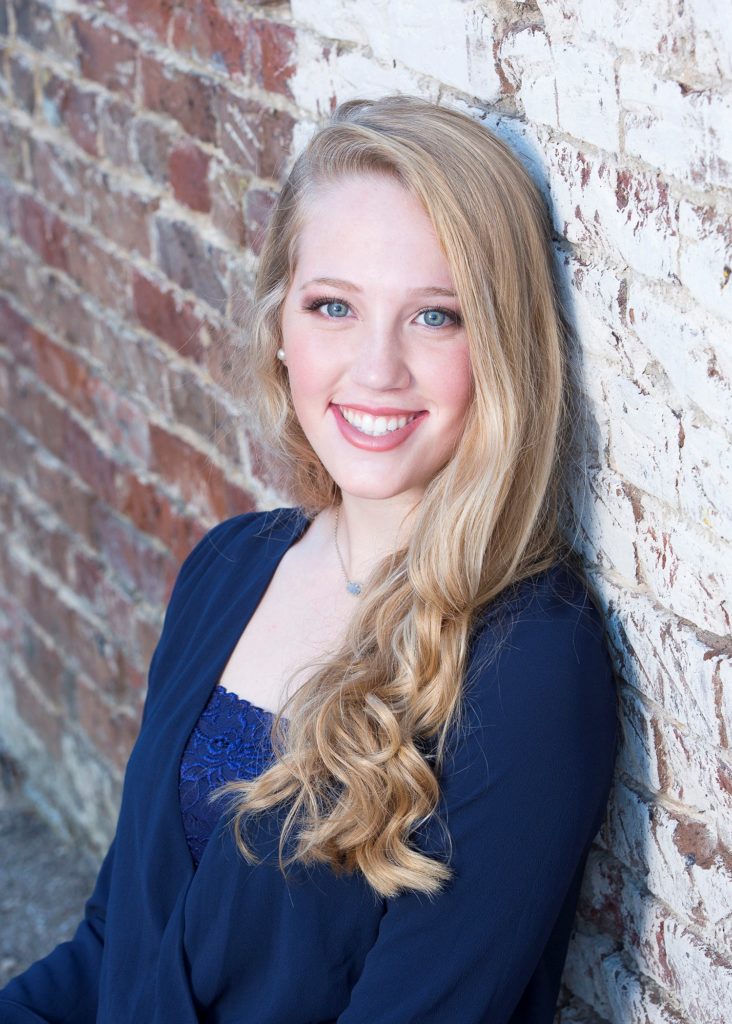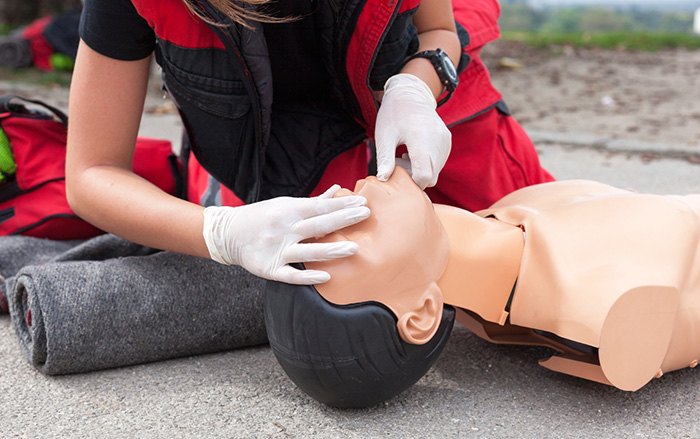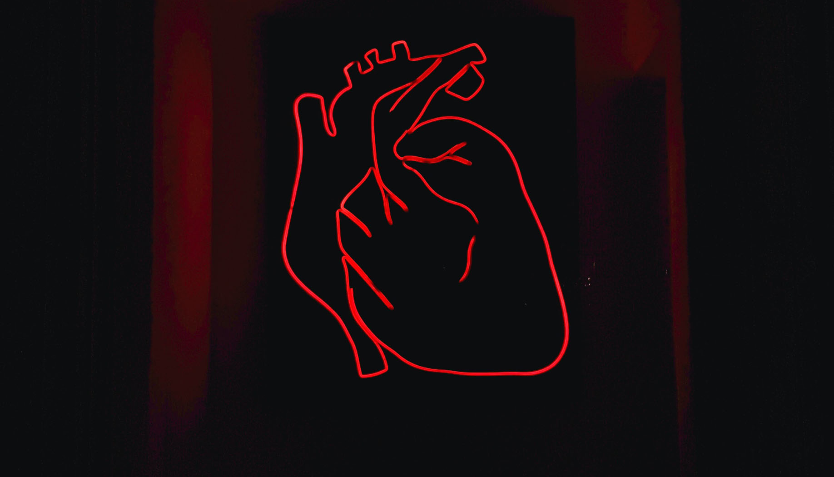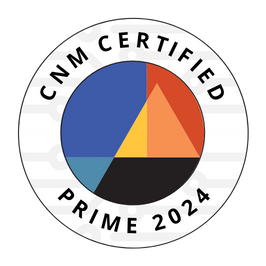When is the last time you heard the words “sudden cardiac arrest” mentioned in a conversation about heart health? While we frequently hear of heart attacks, high blood pressure, or other cardiac issues happening all around us, discussion of sudden cardiac arrest (SCA) is frequently left out of the picture and considered to be a more “distant” problem for many.
The first step to preventing tragedy is understanding it, which is why talking about SCA is crucial to stopping it in its tracks! We’re breaking down three common misconceptions surrounding SCA, helping you to have the “SCA Conversation” with others and make proactive decisions to protect the hearts you love:
MISCONCEPTION #1: SCA doesn’t affect many people, so I shouldn’t be too concerned about it.
THE TRUTH: The prevalence of SCA and its devastating effects on Americans each year cannot be overstated. More than 475,000 Americans die from sudden cardiac arrest every year, with more than 350,000 cardiac arrests occurring outside of hospitals.[1] SCA takes more lives each year than some cancers and conditions we tend to think of as much more commonplace, such as breast cancer, lung cancer or strokes.[1] If you think you don’t know anyone who has experienced SCA, think again.

What’s even more concerning? SCA isn’t just a problem for adults to worry about – it affects thousands of seemingly healthy children each year. With 9,500 youth affected annually, SCA claims the spot of #1 cause of death on school campuses.[2] This is a shocking statistic, and one that make it clear precious lives of all ages are being lost among us each and every day.
MISCONCEPTION #2: I’ll know if there’s something wrong with my heart or my child’s heart, because there will be signs and symptoms.
THE TRUTH: Unfortunately, sudden cardiac arrest earns the name “sudden” for a reason. SCA occurs as the result of an electrical issue in the heart, but this electrical issue can stem from a wide variety of sources – some with previous symptoms, some without. In many cases, SCA occurs with little or no warning. It’s only after tragedy strikes that many families discover underlying heart conditions which led to the death of a loved one. It is very possible for a child to be born with a heart abnormality that goes completely undetected until the moment SCA strikes. Examples of heart conditions which may go undetected during a normal physical include[2] :
- Wolff-Parkinson-White Syndrome
- Hypertrophic Cardiomyopathy
- Long Q-T Syndrome

Living for Zachary’s youth heart screenings take a deeper look at each child’s heart with the goal of detecting troubling conditions that may lead to SCA in the future. Our multi-faceted program seeks to provide parents with peace of mind that the young hearts they love have been screened and cared for by a board-certified cardiologist trained to detect life-threatening abnormalities. Learn more about our youth heart screening program and how you can schedule one for free this year.
MISCONCEPTION #3: SCA is so deadly, I really can’t do anything to help if it happens to someone around me.
THE TRUTH: It’s true – SCA is deadly, which is why we should take our awareness and response to it even more seriously!
Approximately 90% of out-of-hospital sudden cardiac arrests are fatal.[1] The good news? We have the power to directly impact these statistics for the better! Bystander intervention is crucial to improving SCA survival rates. When a heart stops, every second is crucial and chance of survival drops 7-10% by the minute.[1] This means that bystanders must to everything possible to restore a heartbeat to a victim, and the use of CPR and AEDs is proven to save lives during these crucial moments. In fact, chances of survival can increase 64-74% when an AED is used within the first 3 minutes of collapse![2]

The statistics are clear – bystanders can and do make a life-saving difference each and every day by stepping in when SCA occurs. You have the power to give someone’s heart a second chance – becoming CPR certified will give you the confidence and knowledge you need to be a Heart Hero! Living for Zachary provides FREE CPR certification classes throughout the year. Keep an eye out here for announcements about upcoming classes!
Misconceptions are not just false beliefs: they can keep families from understanding the risks they face when it comes to sudden cardiac arrest, and can have devastating consequences. Our children’s hearts deserve the protection that comes from an aware and proactive community – start the “SCA Conversation” with someone you love today!



